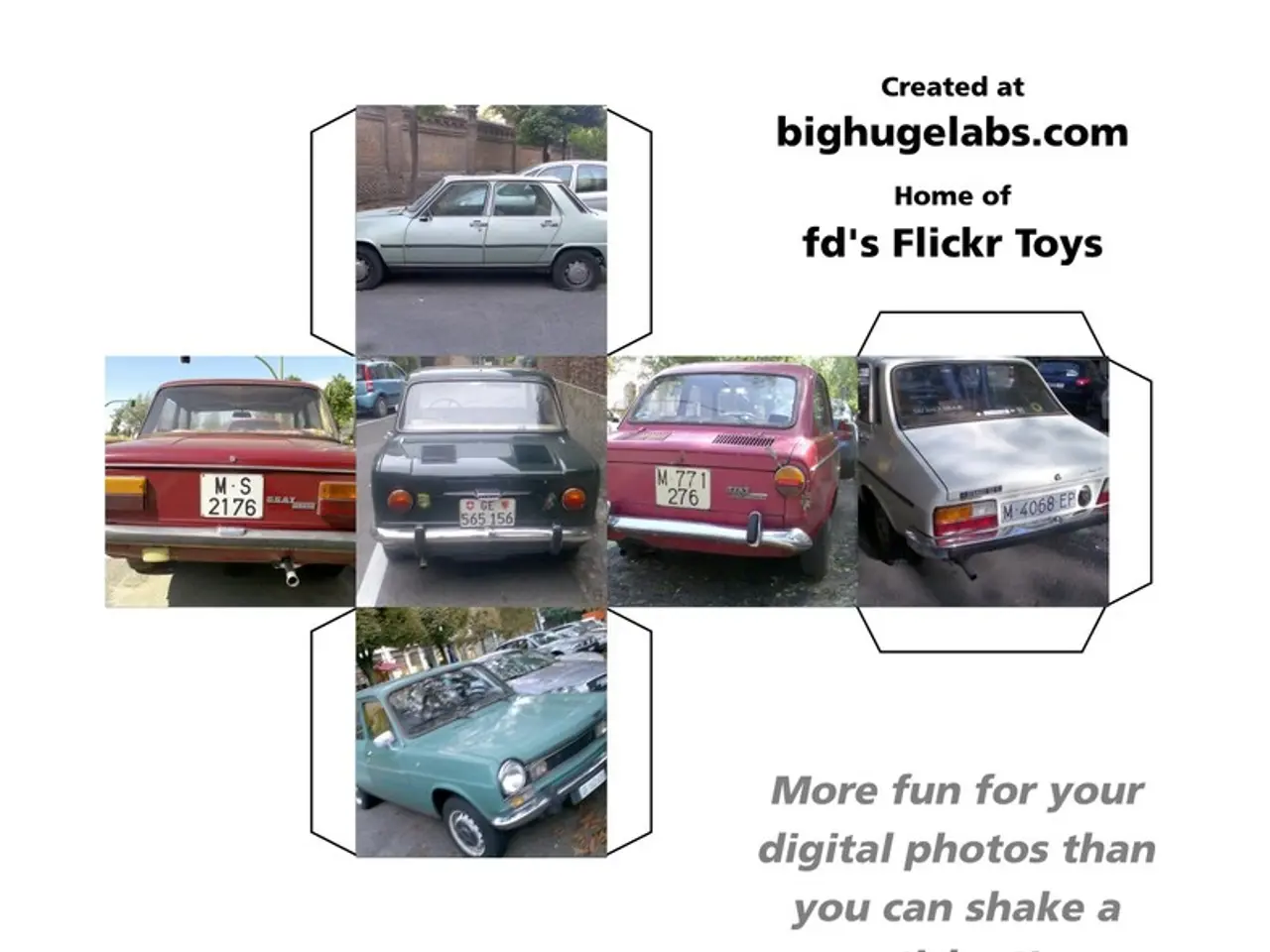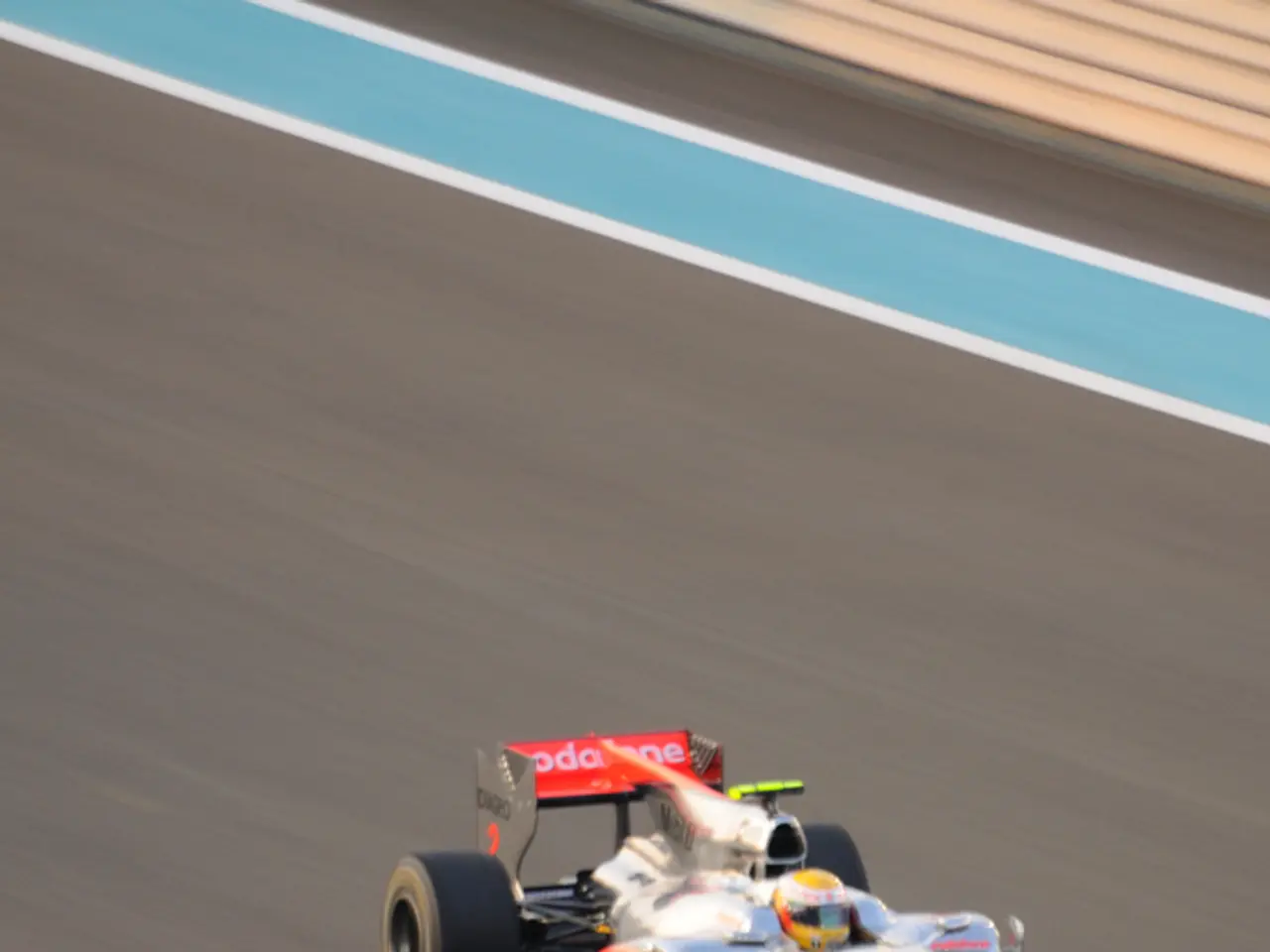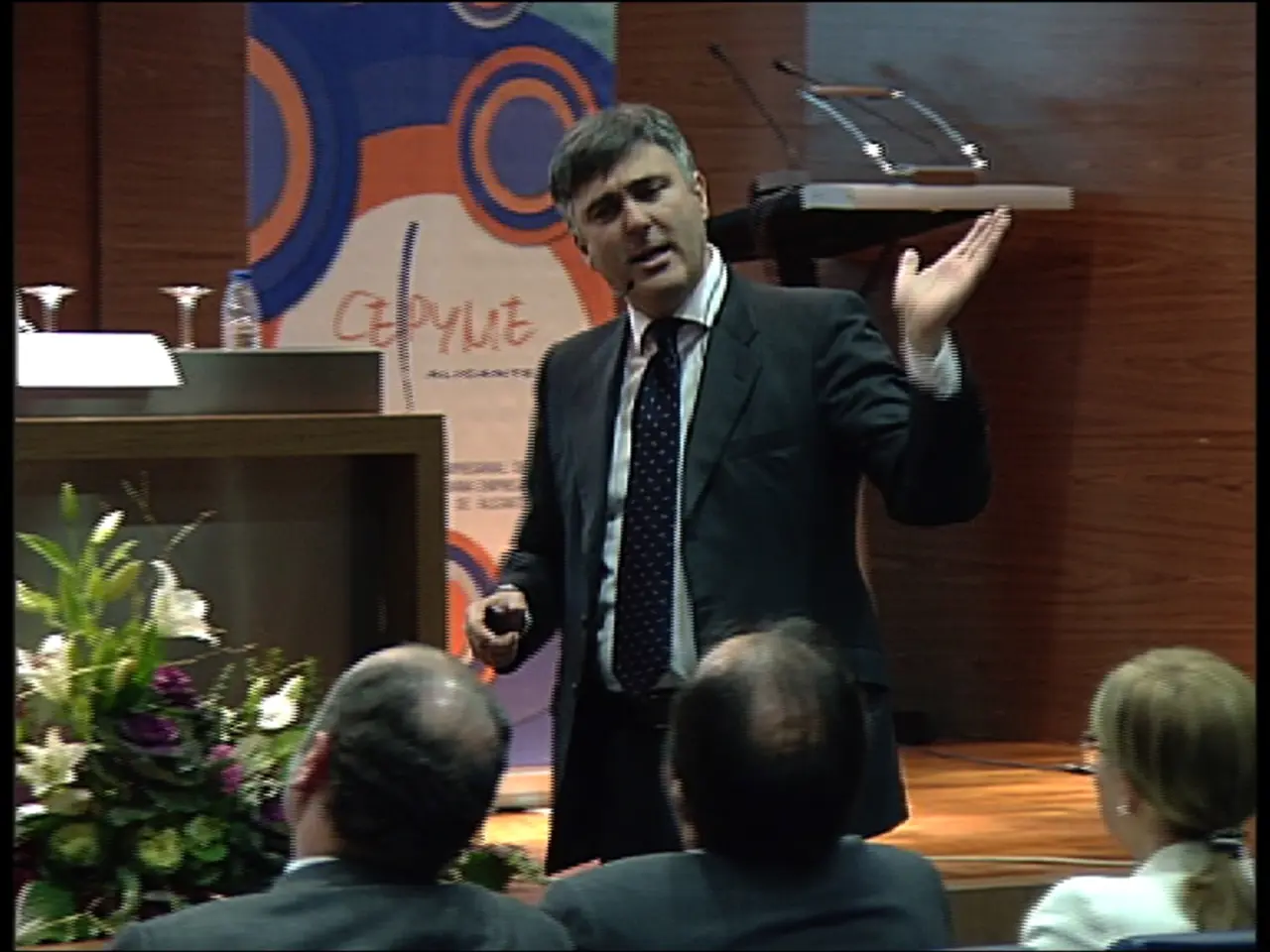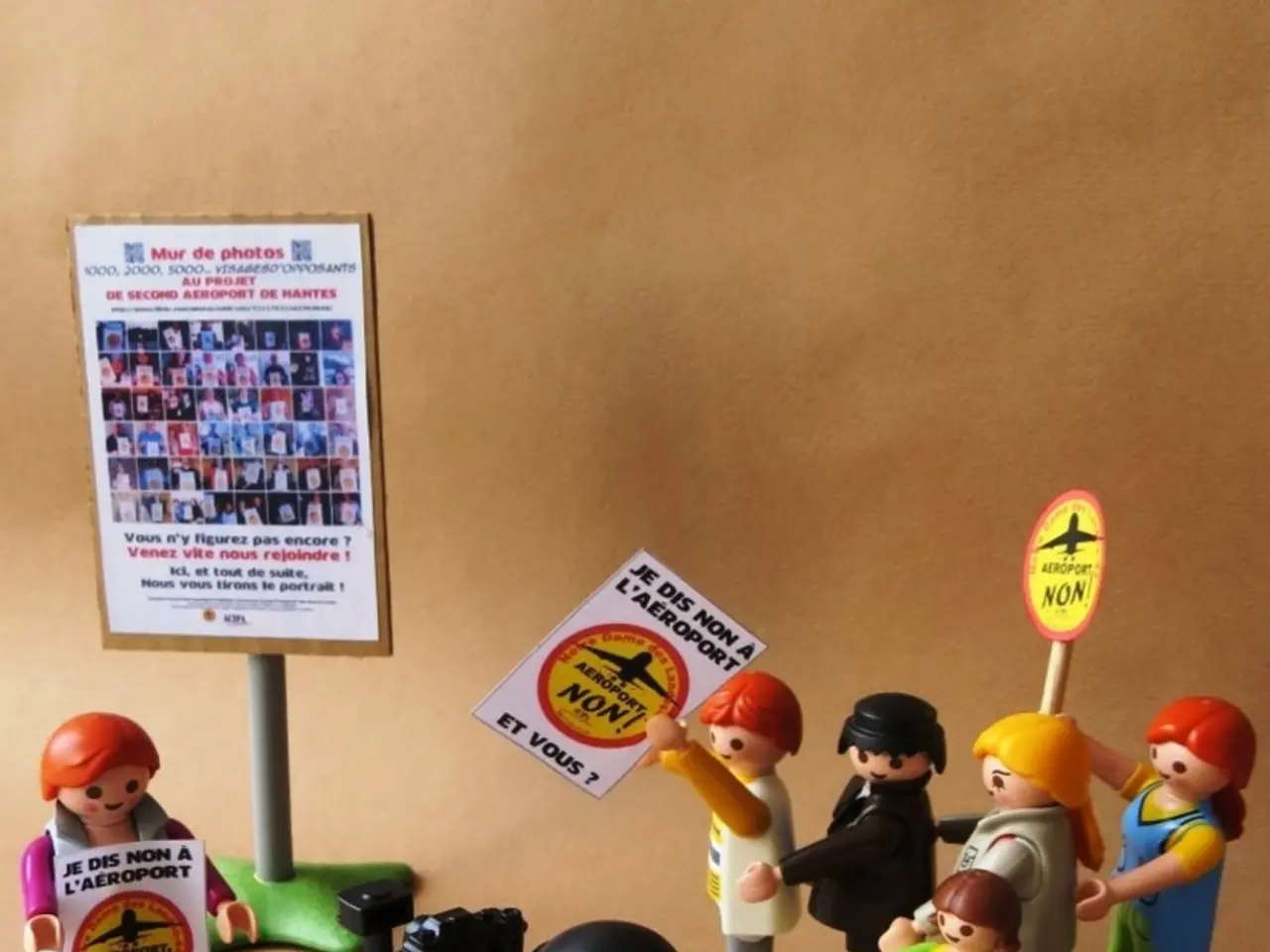European Auto Manufacturers Face Tariff Hardships; Toyota Production Reaches All-Time High
===================================================================
The profitability of European luxury automakers is being significantly impacted by U.S. tariffs on imported vehicles, according to recent reports. These tariffs, introduced as part of U.S. trade policy, have increased import duties on European luxury cars from 2.5% to up to 15%.
Mercedes-Benz, one of the affected brands, more than halved its operating income for 2025 to €1.99 billion ($2.30 billion), despite a new draft trade agreement between the European Union and the U.S. reducing tariffs on its vehicles from 25% to 15%. Porsche, another luxury brand, is facing a €400 million ($462 million) hit from U.S. tariffs in the first half of 2025, and has cut its full-year profitability forecast. Aston Martin, too, is grappling with financial woes, blaming U.S. President Donald Trump's tariffs on imported foreign-made cars for its revised economic performance for 2025.
The tariffs are causing operational uncertainties for these manufacturers, as they force them to either absorb the higher import costs or pass them along to U.S. consumers, potentially raising sticker prices and reducing dealership inventory availability. This disruption to traditional supply chains and production economics is particularly challenging for brands that largely produce in Europe.
Other brands, such as Lamborghini, though not explicitly mentioned in the top reported tariff hit figures, are likely also affected by these tariff policies.
In contrast, Toyota, a Japanese automaker, has bucked the trend of losses among other automakers. The company reported record first-half vehicle sales, with global sales for January-June growing 5.5% year-on-year to more than 5.1 million vehicles. Toyota's global output and sales for the first half of 2025 also saw a 5.8% year-on-year rise, with strong demand in North America, Japan, and China. Hybrid powertrain vehicles make up 43% of Toyota's worldwide sales.
The financial struggles of Aston Martin and other European luxury automakers have prompted calls for improvement in the quota mechanism to ensure fair access for the whole U.K. car industry. Aston Martin's CEO, Adrian Hallmark, has urged the U.K. government to address this issue.
In the midst of these challenges, some companies are taking steps to mitigate their losses. Porsche, for example, has booked special expenses for its restructuring of about €200 million ($233 million) and around €500 million ($583 million) for battery activities in the first half.
As the situation continues to evolve, it remains to be seen how these luxury brands will navigate the complexities of the U.S. tariffs and maintain their market presence in the U.S. market.
Electric vehicle production in the luxury market is facing challenges due to U.S. tariffs, as brands like Mercedes-Benz and Porsche grapple with increased costs and reduced profitability. Despite these issues, some companies like Toyota have managed to thrive, with strong sales in hybrid vehicles and record global output. The struggle of brands like Aston Martin has sparked calls for reforms in the quota mechanism to ensure fair access for the entire UK car industry.






